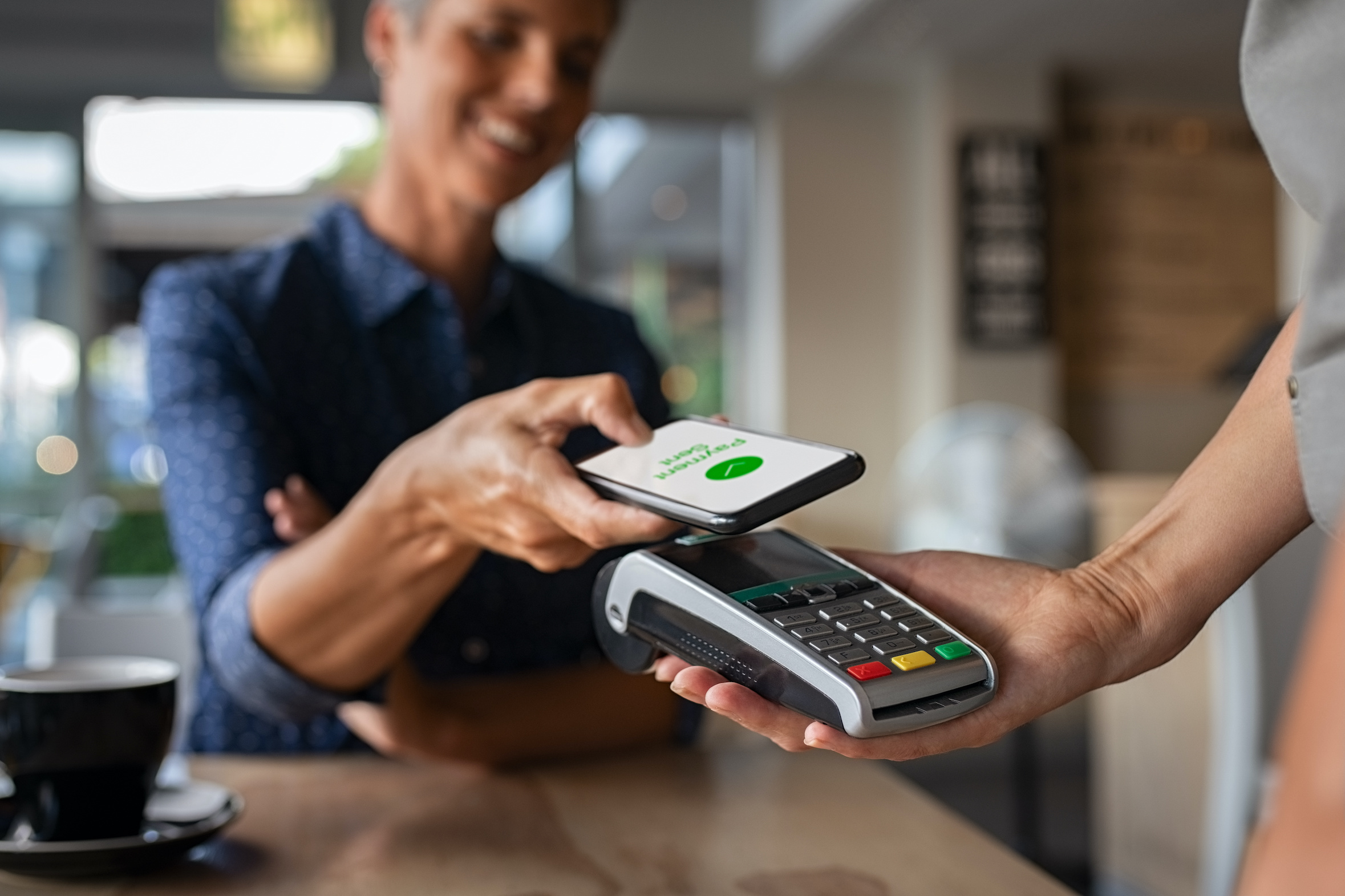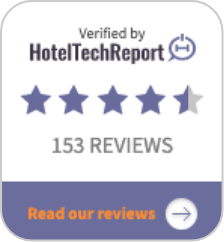The combination of pervasive social media presence and the growing use of mobile apps for real-time reservations means that the Social-X revolution is clearly here to stay. The Social-X revolution refers to the integration of social media meta data into more business and personal experiences in ways that can dramatically shift market dynamics.
In the travel and hospitality space, KLM Royal Dutch Airlines kicked off the Social-X revolution with the KLM Meet & Seat social seating service in 2012, which integrates Facebook and LinkedIn profiles to allow passengers the option of picking seat-mates for a given flight based upon shared interests or other factors.
Meanwhile, real-time hotel and airline reservation applications plus specialized apps such as Uber for black car services and TouchdownSpace for instant office reservations, are conditioning businesspeople to turn to their smartphones for more and more real-time decision support.
These ‘select-and-reserve’ applications generally focus on a technical decision process with quantitative factors, i.e. who can give me what I need, when I need it, at a certain price point, nearby? In contrast, a social decision process adds qualitative factors: who can I spend time with, where is the best activity going on, who offers the most interesting experience, how can I leverage what is being offered?
The KLM solution represents the first phase of the Social-X opportunity, because users of KLM’s Meet & Seat system have already chosen to fly with KLM. The next phase will be leveraging the value of Meet & Seat to drive more customers to select KLM in the first place, i.e. encouraging passengers to select a carrier not only on price, amenities and arrival time, but also on who they will spend the flight with and how they can gain from the experiences offered across the airline experience.
As customers make more and more decisions based upon a combination of transactional and social information, hotels need to be positioned to deliver the right information and experiences through social staying. Here are three strategies you can employ — today — to prepare for the social stay revolution tomorrow.
1. Prepare Your People to be Social Stay Stars
The core of the social stay model is that guests will voluntarily share more information that adds value for others, in return for gaining more information that adds value for them. If I’m going to share my LinkedIn or Facebook profile with the hotel’s social stay platform, then a key factor in my decision revolves around what is already there (i.e. if more valuable information is already in the platform, I’m more likely to contribute). That means your hotel staff need to pilot social sharing today as part of the business process.
Today, a guest may not know anything about your hotel’s concierge other than that the property has one on duty and the official hours that he or she is available. Tomorrow, a guest may be able to learn that the head concierge is a modern art afficionado and that the weekend night audit manager knows a thing or two about classic cars. This process of sharing social knowledge among your staff also prepares them to leverage group value to support guests. It also positions them to be more direct partners in building brand loyalty with social stay participants.
2. Prepare Your Property to Leverage Social Stay Scenarios
Today, your propertly is probably organized into five zones: Overnight rooms, food & beverage spaces, meeting and event spaces, non-revenue common areas, and back of house spaces. Social staying changes some of these dynamics and creates new opportunities for space programming. Common areas may offer potential revenue through semi-private reservations of certain tables, alcoves or corners. Meeting and event spaces may sometimes be leveraged for non-revenue social opportunities that encourage guest engagement. And most importantly, guest access to space information and availability may create new opportunities for instant revenue if a small group realizes they can use a private dining room not currently reserved for an ad-hoc event, or a meeting room can be reconfigured for a quick group get-together. It also means that nontraditional spaces such as the hotel coffee shop, business center and perhaps even the pool terrace can be used to generate new revenue potential.
3. Prepare Your Processes to Support Social Stay Opportunities
One major change that comes alongside the social stay revolution is transparency in real-time access to resources. Traditionally, the front desk and guest services staff handled overnight customers and the group sales and event staff handled group customers. That separation is breaking down, however, and it creates new opportunities and challenges. If your current propertly management process requires 2 weeks’ notice and a series of paper forms to be filled out in order for a meeting room reservation to be booked, then it means that a MeetUp group of 30 people can’t quickly decide to use an available event space at your property tonight. It also means that if an overnight guest today asks her or his point-of-contact (i.e. front desk staff) about an ad-hoc meeting room rental, the invariable answer will be “You’ll have to ask the group sales team when they return to work tomorrow morning”.
Two ways to begin preparing your processes for social stay workflows are (a) reconfiguring spaces and resources to increase guest self-service capability and (b) promoting your property as a location for more flexible non-guest (or even non-revenue) activities. The first point means, for example, switching from banquet tables and chairs that have to be stacked and stored in back-of-house areas, to more flexible, wheeled and configurable contract furniture and accessories that can be moved and positioned by guests (or at least, by any staff member in the hotel). The second point means encouraging the use of hotel public spaces by coworking groups, meetups, entrepreneurial incubation teams and other social business communities. These constituencies are early-adopters of social business technology, and will help position your hotel (and its culture) to create a more flexible environment.
The ultimate goal of the social stay is to increase revenue — both in the short-term, by presenting new purchasing opportunities to guests and potential guests, and in the long term, by positioning your property as an increasingly exciting, engaging and flexible ‘third place’.
Douglas Wendt is the founder and president of Wendt Partners, a strategic consulting firm serving the business, travel/tourism and technology industries. For more information, go to www.wendtpartners.com.













